Lee Valley Turns 35
Go behind the scenes at a trailblazing tool company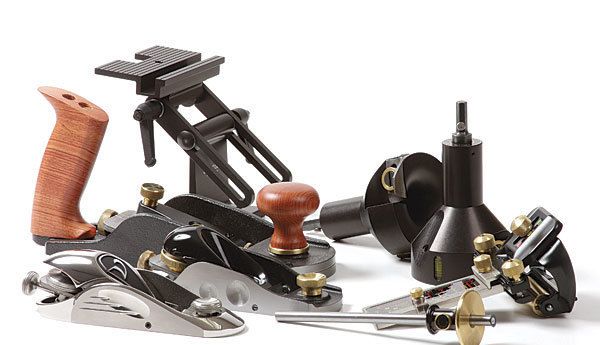
Synopsis: Take a tour of Lee Valley, home of Veritas tools, and learn the philosophy behind this innovative tool company. Our editors visited the manufacturer’s offices and plant, talked to the founder and current president, and saw firsthand the commitment to quality and innovation that goes into the company and its tools. Learn how a Veritas tool takes shape, from prototype to final product.
Since producing its first tool—a dovetail marker—in 1982, Lee Valley has earned a reputation for designing and manufacturing the most innovative hand tools on the market. The company’s Veritas honing guides, marking gauges, grinding jigs, and bevel-up handplanes, to name just a few, represent evolutionary leaps forward, and have garnered numerous awards from this magazine and others.
I’d always been curious about Lee Valley, and especially about how their Veritas tools are designed and made, so this past summer, on the eve of their 35th anniversary, I took a trip up to Ottawa to visit the company offices and manufacturing plant.
I knew the basic Lee Valley facts: It was founded by Leonard Lee in 1978, and it sells woodworking, gardening, and cooking tools worldwide through handsome catalogs, a well-designed website, and 15 retail stores in Canada. I also knew that Lee Valley retails tools from hundreds of other manufacturers, as well as producing its own brands. The flagship Veritas line—which includes designs dating back to that original dovetail marker—represents only a fraction of the tools in the Lee Valley woodworking catalog. Yet it is Veritas tools that have made the company’s name among woodworkers.
The first stop on my tour was the office of Robin Lee, who took the reins from his father, Leonard, in 2002 (see “Founding Father,” p. 63). When I asked Robin Lee what distinguished Veritas tools from the others Lee Valley makes, he said that to wear the Veritas name, a tool has to be made in North America—the vast majority are made in their own factory—and must have unique features. Often those features are patented. Veritas doesn’t do reproductions, he said. That creates a contrast between Veritas and LieNielsen, for example, another company whose hand tools have received armfuls of FWW editorial awards. But Lee has nothing but respect for Thomas Lie-Nielsen, whose high-end hand tools stay closer to vintage originals. “Woodworking is complementary,” Lee says. If someone buys a tool from Lie-Nielsen, “that’s good for us. That customer is buying into what we all do. Tom’s classical, and we’re jazz—there’s room for both.”
From Fine Woodworking #230
For the full article, download the PDF below:
Fine Woodworking Recommended Products
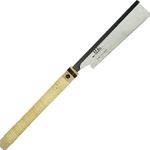
Suizan Japanese Pull Saw



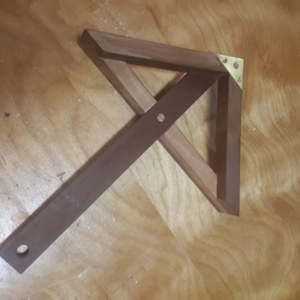
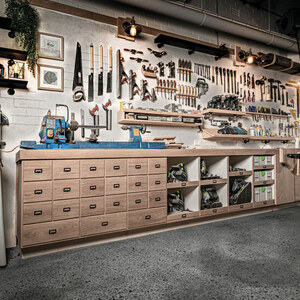
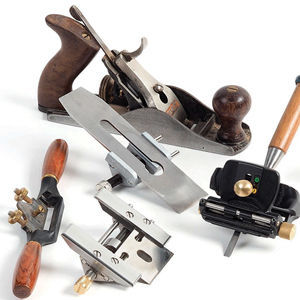
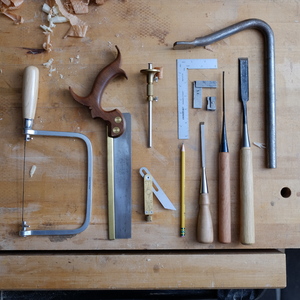




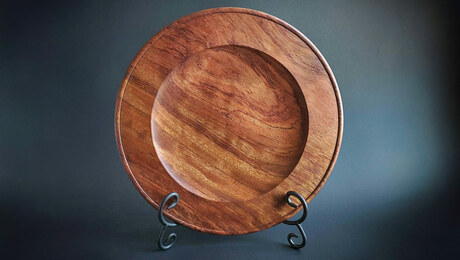


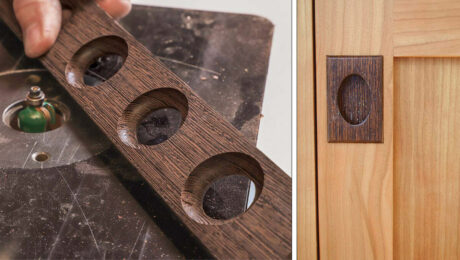








Log in or create an account to post a comment.
Sign up Log in